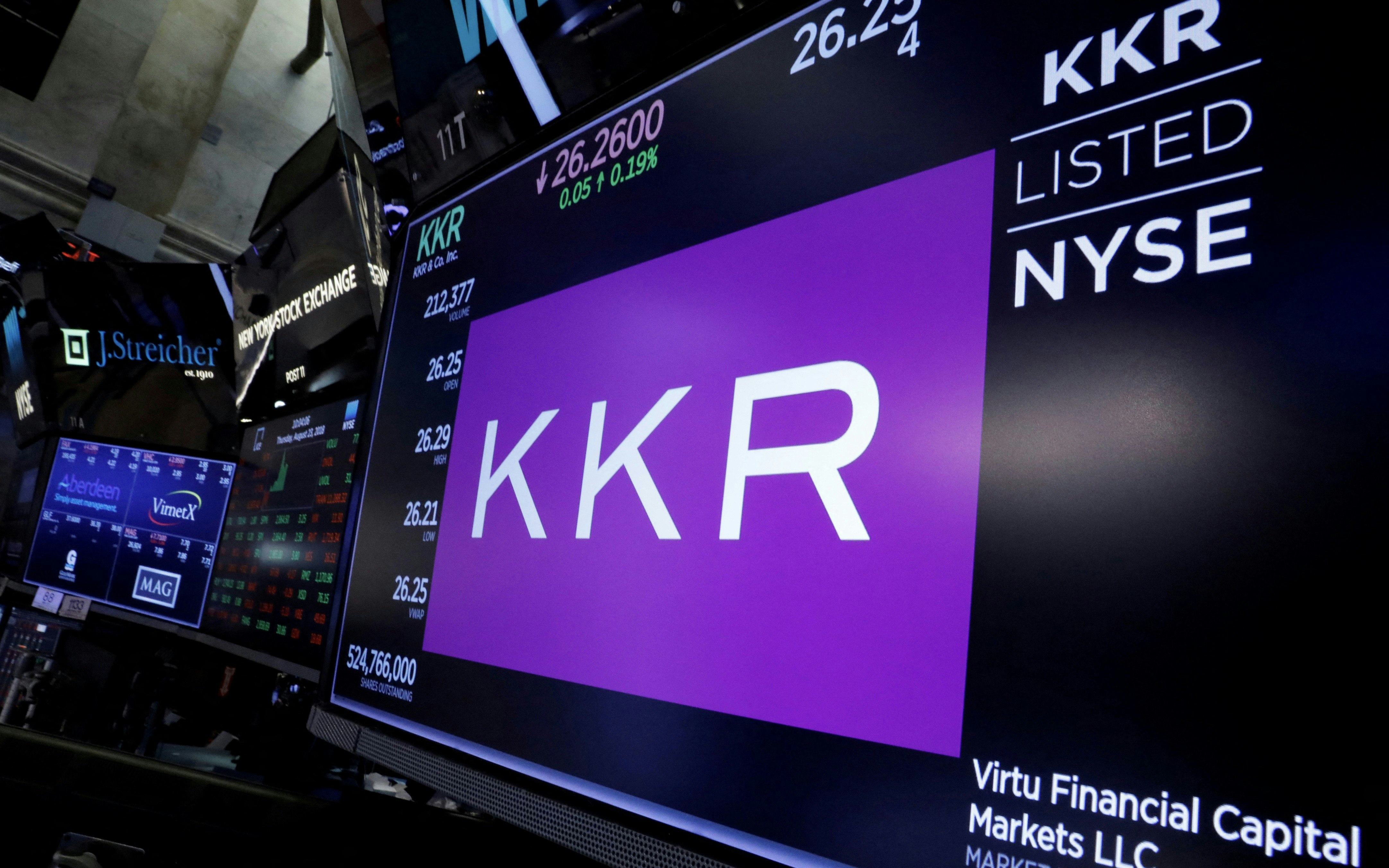Microsoft presented a new feature for Microsoft Teams at the Ignite 2024 developer conference: Interpreter, a tool that enables real-time "speech-to-speech" translations and simulates the speaker's voice in up to nine languages. From early 2025, users will be able to hold meetings in English, French, German, Italian, Japanese, Korean, Portuguese, Mandarin, and Spanish, with their own voice accurately reproduced.
Imagine being able to sound like yourself in another language," wrote Jared Spataro, Chief Marketing Officer at Microsoft, in a blog post. "The interpreter agent in Teams offers real-time translations that sound more personal and authentic by simulating your voice.
The feature will be available exclusively to Microsoft 365 subscribers and requires user consent. According to Microsoft, no biometric database will be stored, and the tool can be disabled in the Teams settings. "Interpreter is designed to replicate the speaker's message as accurately as possible without adding additional assumptions or information," explained a company spokesperson.
However, the technology carries potential risks. Deepfake technologies that manipulate voices and faces are now widespread and have already been used for fraud attempts. In a well-known case this year, cybercriminals succeeded in simulating a deceptively real Teams meeting to swindle 25 million dollars. Such risks also put Microsoft's new feature in the spotlight, despite the limited applications of Interpreter.
Microsoft joins a number of companies relying on AI-supported language technologies with Interpreter. Meta, for example, is testing a translation tool for Instagram Reels, while startups like ElevenLabs are developing platforms for multilingual speech synthesis. The market for natural language processing technologies, which includes translation services, could reach a volume of 35.1 billion USD by 2026, according to Markets and Markets.
Nevertheless, the use of AI translations remains controversial. Human translators remain superior to algorithms in terms of nuances, cultural context, and idiomatic accuracy. For many companies, however, the cost advantage outweighs the disadvantages.
While interpreters could improve global collaboration in companies, the function raises questions about security and abuse. Insufficient regulation could give malicious actors the opportunity to use falsified recordings to manipulate translations.
Microsoft has not yet commented on the security mechanisms, but the coming months should provide further details. Industry observers will be paying close attention to how Microsoft prevents the misuse of its new technology.







